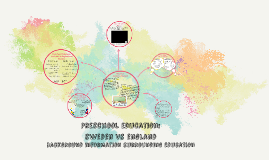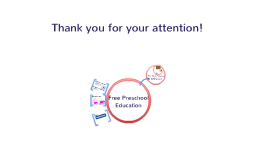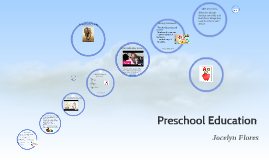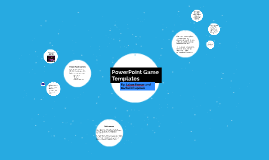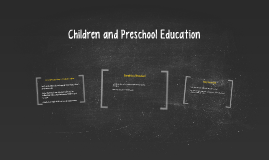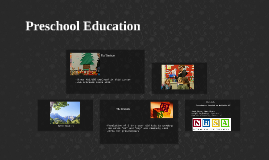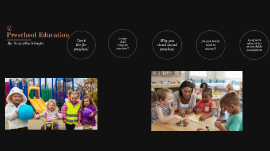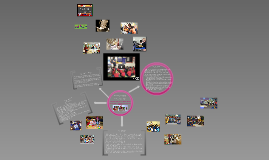Preschool education:
Transcript: All children between 3 and 4 recieve 15 hours free childcare regardles of their income status FORSKOLa eARLY YEARS (Ministry of Education, 2010) Background information surrounding education Please click on the video to play :) Forskola (Preschool) (Office for National Statistics, 2017) Statutory Foundation Stage Unit References English Style reference photos! Ghetti Images Independant Childminders Preschool education: sweden vs england (Nutkins, Mcdonald & Stephen, 2013; Savage, 2013; Swedish Institute, 2017) Preschool: Sweden vs England (GOV.UK, 2017; PreschoolLA, 2017; NIDirect, 2017) Clark, M. M., & Waller, T. (2007). Early childhood education and care: Policy and practice. Los Angeles: SAGE Publications. Country Plug (2016, April 6th). How preschool education works in England. [Video File]. Retrieved from Department for Education (2017). Childcare and early years providers survey. London: HMSO Laura Kimball (2016, October 28th). Swedish preschool curriculum. [Video File]. Retrieved from London Early Years Foundation (2013, November 20th). A day in the life of a nursery. [Video File]. Retrieved from Ministry of Education (2010). Swedish Constitution. Retrieved from http://www.riksdagen.se/sv/dokument-lagar/dokument/svensk-forfattningssamling/skollag-2010800_sfs-2010-800 NIDirect (2017). Pre-school education places September 2018. Retrieved from https://www.nidirect.gov.uk/articles/pre-school-education-places-september-2018 Nutkins, S., McDonald, C., & Stephen, M. (2013). Early childhood education and care. London: SAGE Publications Office for National Statistics (2017) UK Population 2017 Statistics. Retrieved from https://www.ons.gov.uk/aboutus/transparencyandgovernance/freedomofinformationfoi/ukpopulation2017 PreschoolLA (2017, July 27th). Neil Leitch speaks to BBC Breakfast about 30 hours 'free' childcare. [Video File]. Retrieved from Savage, M. (2013). Night Nurseries: Sweden’s round the clock childcare. Retrieved from http://www.bbc.co.uk/news/magazine-21784716 Stastistiska Centralbyran (2017) Population Statistics. Retrieved from http://www.scb.se/en/finding-statistics/statistics-by-subject-area/population/population-composition/population-statistics/ Swedish Institute (2017). Education in Sweden. Retrieved from https://sweden.se/society/education-in-sweden/ guaranteed a place at a public preschool regardless of income Parent's that are charged only have to pay for their first three children, after that they cost is covered by the municipality (government) (Statistiska Centralbyran, 2017) Patnership Sure Start Programmes öppna förskolan (Open preschool - Under 2's only) Here is a little insight into a day in the life of an English preschool. If parents are eligible to be charged (i.e have more than one child), they will not be charged any more than 3% of their salaries. (Clark & Waller, 2007, p30-31) Maintained Nursery Schools Förskoleklass (Preparatory Class) From September 2017, children who are eligible (i.e: come from a family who work 16 hours a week) will recieve 30 hours free childcare a week A Day in the Life of Nursery: Swedish Provision Private Nursery Schools Private Creches Pedagogisk Verksamhet (Childminders) Forskola VS Early Years Settings develop their own admissions policies with criterias that must be met in order to recieve a place in the setting. As the majority of nurseries within England are privte and public nurseries only have a limited amount of funded places. Fritidshem (After School Care) Interesting Facts: Sweden VS England Early Years' Education Provisions in England and Sweden English Provision 80% of children between 1-5 years attend forskola for at LEAST a few hours a day. (Kimball, 2016) 71% of children aged 2, and 95% of 3 and four year olds attend preschool in England. (Department for Education, 2017) Sweden has a population of 10,093,734 - not even a quarter of the population in the UK! England has a population of 55,268,067 and has less forest mass than Sweden! Sweden is the third largest country in Europe and has 2.5x more landmass than the UK - more than half is covered by forests (Nutkins, McDonald & Stephen, 2013, p 172) In England, Pre-school is also known as Nursery or the Early Years' Stage, is not compulsory and is available for children from birth to five. Compulsory education starts after the child turns 5, when the child is "school ready" (CountryPlug, 2015) Funding: Early Years and Forskola In Sweden, pre-school is known as Forskola for children aged one to five. Forskoleklass is the preparatory year before they start formal education at seven and is available to all children the year they turn six. Forskola and Forskoleklass are not compulsory however most children attend. (Swedish Institute, 2017)






